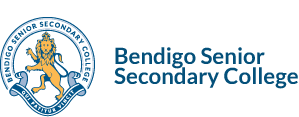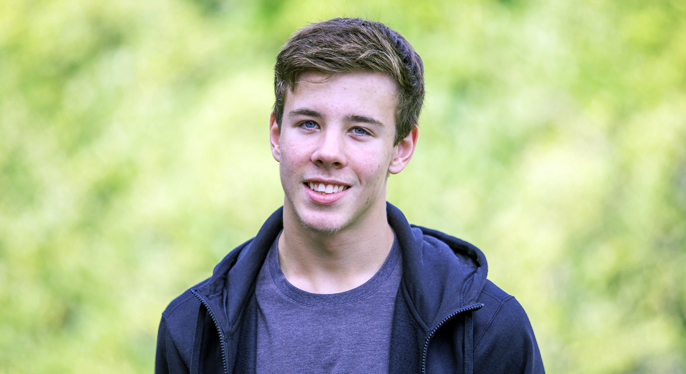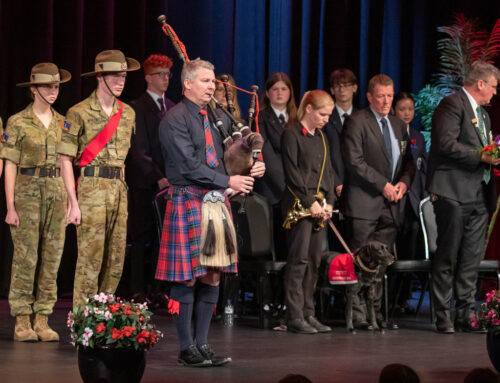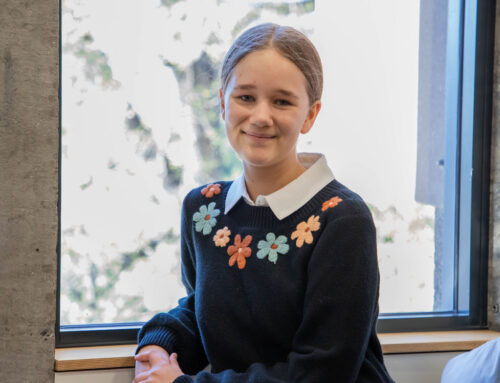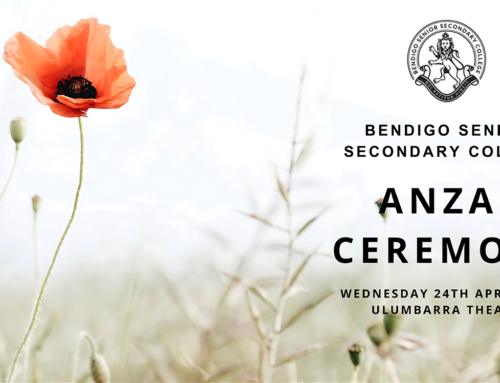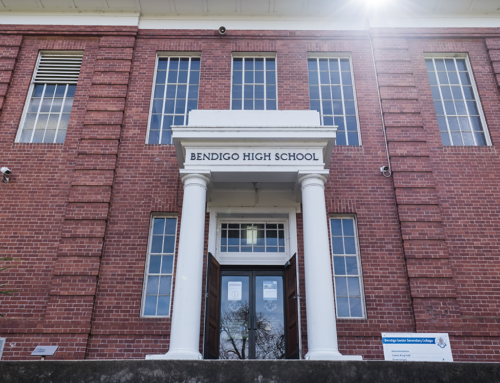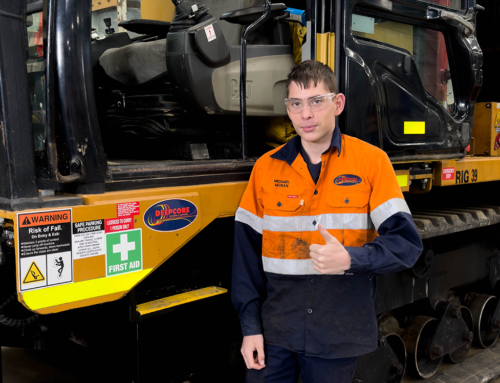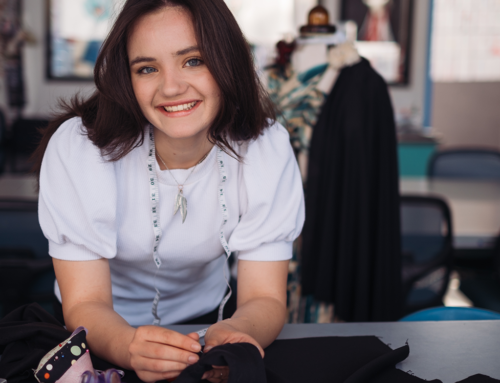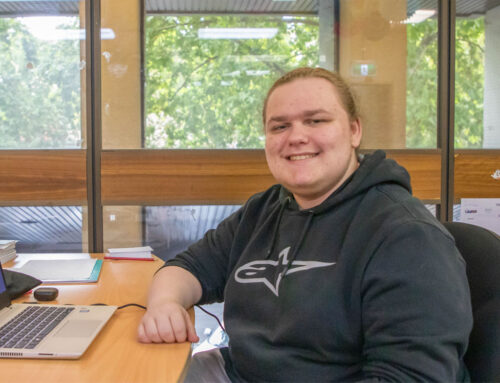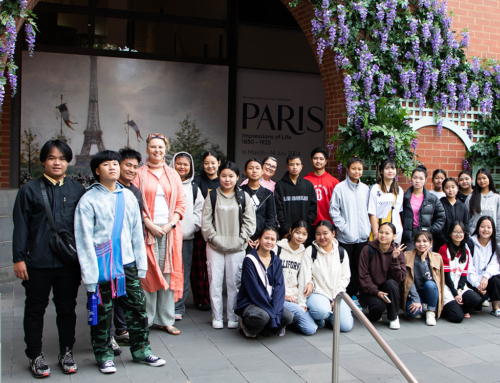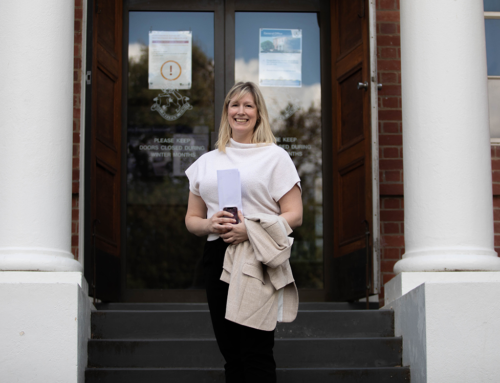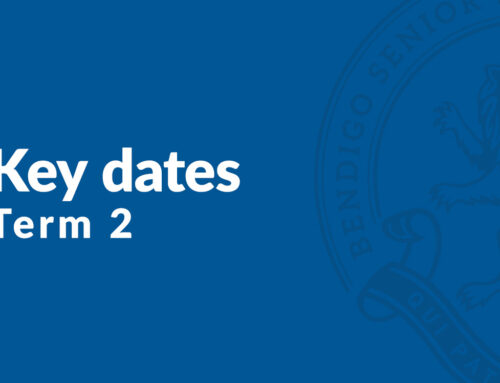BSSC Year 12 student, and new member of the Australian Junior Swimming Team, Cameron Jordan, has recently had a rather hard decision to make.
Coming up to the National trials, Cameron struggled to balance his studies with his training schedule. Concerned about how far he had slipped back in Maths, he promised himself he would catch up after Nationals.
However, Cameron performed wonderfully at the Australian Age Swimming Championships and was selected for the Aussie junior team. Suddenly all the time he had earmarked for his catch-up in Maths (and other subjects) became the time he would need to devote to training.
Cameron’s year has suddenly filled up. There’s an Australian Institute of Sport (AIS) camp in July; training in Slovakia in mid-August and the 2019 World Junior Swimming Championships in Hungary from August 20 – 25.
“After talking things over with my family and the college, I’ve decided to do Year 12 over two years,” he says. “I want to get a really good score and I want to prepare for a life after swimming.”
“Eventually, I’d like to go to uni and study something in the tech/science/maths area—maybe even psychology. I’m not set on one particular career yet, so now I have an extra year to think about it.”
Cameron will continue with three subjects this year (Physics—his favourite, Chemistry and English) and plans to complete most of his work at school so he can still have some downtime away from both his studies and the pool.
“I’m also part of the Specialist Sports Program here at BSSC and the Sports Coordinator has been really supportive.”
Coming to BSSC was not a big transition for Cameron who was already a good time-manager. What was different was managing the freedom.
“It was a nice change,” he admits, “and all my teachers here have been so great. I don’t have any favourites because they’ve all done their jobs really well.”
Asked if he had a study tip to offer other students, Cameron says, “Pay attention and focus in class because the teachers will show you the best and fastest ways to pick up whatever you’re studying.”
In terms of swimming, it all began for Cameron when he learnt to swim at Paul Sadler Swimland as a “little kid”. He then began training with the Bendigo East Swimming Club where he has been for over ten years with coach, Chris Geyer, guiding his development for almost nine years.
The club is understandably stoked that Cameron has qualified for worlds—he believes he is the first Bendigo East swimmer to do so.
So, was there a moment of discovery or sudden recognition that he had ‘it’ as a swimmer?
“No, it’s wasn’t like that,” Cameron says. “It’s more that Chris helped me gradually realise what I could achieve with commitment and training.”
And training does take commitment. Cameron trains for around 20 hours each week with 15 hours in the pool swimming between five and seven kilometres per session. He completes around five hours of fitness training every week.
“My coach is really balanced,” Cameron says. “He makes sure we are healthy in every possible way—mentally and physically—and that we are doing well at school and in our lives generally. We have to keep a diary of how we’re feeling and what we’re doing with our time—it’s all about not getting into negative habits.”
Cameron’s Dad is also a coach and therefore truly understands the requirements of elite swimming.
“He wants me to keep that critical balance between swimming, school and social stuff,” Cameron explained. “In fact, all my family is supportive of this.”
As well as this support, Cameron has some great role models. Cameron McEvoy is one.
“He kept all his uni options open even though he was competing at the highest level,” Cameron says. “I also really admire Dan Cave, a Melbourne swimmer, who is really good at breaststroke and is a really humble guy. I’d love to compete against him one day.”
Breaststroke is Cameron’s main focus, but he still trains and competes all strokes as a way of building a balanced strength and fitness.
“They all compliment breaststroke anyway,” Cameron explains. “Overall, I just want to see how far I can take swimming. Maybe I can make the Australian Senior Team one day? I just have to take it step by step.
“At this stage it’s more important to focus on technique, control, and my times, than worry about the outcomes or consequences of each race.”
If you’ve ever wondered what a swimmer thinks about during all those interminable laps following the black line on the bottom of the pool, then Cameron can put your mind at rest.
“It’s not really like that…. you need to focus,” he says. “Now I’m committed to this level of sport, I’m mostly concentrating on each stroke and how it feels. One turn can make all the difference between first and fifth place.
“It’s about working to build as close to perfect habits as possible, so one day I can do it without thinking at all.”
Cameron is excited about the year ahead.
“I’m not too nervous… just trying to soak up all I can learn.”
Despite his formidable commitments, he still finds time to be aware of the wider world, acknowledging that there are lots of global problems.
“There have always been problems,” he points out, “and I think humanity can find solutions to the present ones.”
“I guess I’m pretty trusting that people will find those solutions. People like Elon Musk show us how to push the envelope, asking: how can we make what seems impossible, possible?”
Perhaps exactly the right attitude for an elite athlete.
